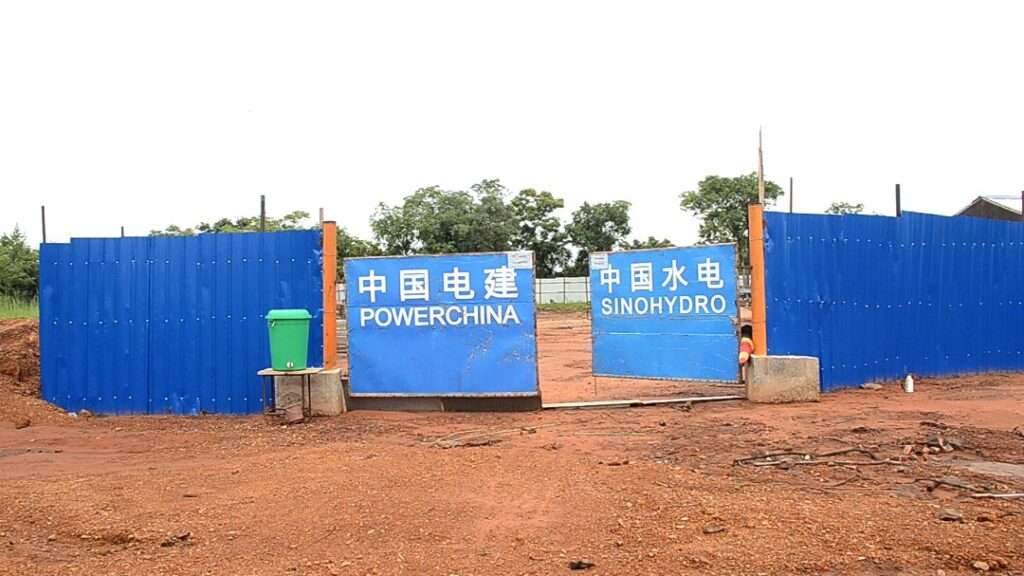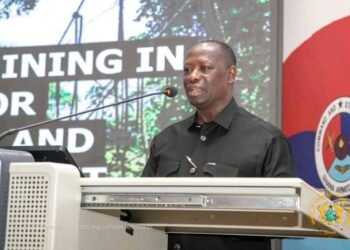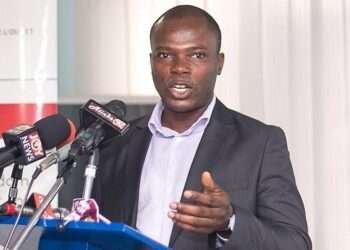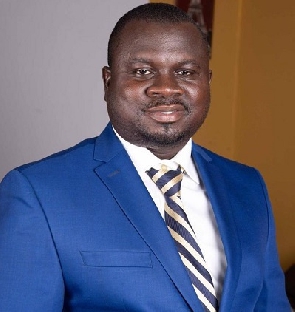Bright Simons, the Honorary Vice President of IMANI Africa, has raised serious concerns over the approval of a $12 million payment for the Pwalugu Dam project, despite minimal work being done on-site.
He questioned how a supervising engineer could sign off on further payment certificates when the project remains a liability to the state.
Simons, a prominent policy analyst and advocate for transparency, also expressed his frustration over the lack of accountability from the Ministry of Agriculture.
He wondered why the minister has not been able to provide clear answers regarding the justification for these payments.
“Okay, putting aside all the complex debt finance issues about Pwalugu Dam that I discussed in my essay, let’s ask this simple question: who approved the payments to PowerChina, the contractor?”
Bright Simons
He pointed out that inspections of the project sites at Sariba, Kurugu, and Pwalugu reveal little to no physical work, despite the substantial financial commitment made by the government.
This, he noted, raises serious concerns about financial mismanagement and the effectiveness of project oversight.
Simons disclosed that a $12 million payment was made in 2021, and from that point onward, the contractor was required to submit monthly progress reports for monitoring.

He emphasized that this reporting requirement is not optional but a mandatory provision outlined in the government’s project manual, intended to ensure accountability and transparency.
He further criticized claims that the contractor produced project documentation to justify payments amounting to 400 million GHS, calling it “funny” and highly questionable.
According to him, before 2019, over 1 billion GHS had already been spent on project planning documents, making any additional expenditure on documentation even more suspicious.
This, he argued, suggests a troubling pattern of financial waste and a lack of proper oversight in the management of public funds.
Accountability and Oversight Concerns On Pwalugu Dam
Furthermore, Bright Simons noted that even for the minor works completed—such as the clearing of bush paths and the establishment of a squatter camp—the costs incurred were disproportionately high.
He questioned how such basic preparatory activities could justify the vast sums of money reportedly spent on the project. According to him, the excessive expenditure on these minor works raises red flags about possible inflated costs and financial irregularities.
He stressed that without proper accountability, such reckless spending undermines public trust and reinforces concerns about corruption and mismanagement in government projects.
“As for the bush paths & squatter camp that was built, even a $500k budget would be hard to justify”.
Bright Simons

According to official records, several key individuals were tasked with providing technical oversight for the Pwalugu Dam project, including veteran consultant and former government minister Dr. Agyemang-Mensah, as well as a French engineer, Oriane Corlinne.
Their roles were integral to ensuring that the project adhered to technical and financial standards.
Additionally, their work was supervised by the Volta River Authority (VRA) Engineering Director, Mr. Kwaku Wiafe, who was expected to oversee project execution and ensure compliance with regulatory and contractual obligations.
Simons pointed out that despite the presence of these experienced professionals, the project has been plagued by significant financial irregularities and a lack of visible progress on the ground.
This, he argued, raises serious questions about the role they played in approving the controversial payment certificates.
He questioned whether these technical experts sanctioned the payments based on actual work done or whether the decision was made at a higher political level, bypassing technical due diligence.
Given the scale of the payments—amounting to hundreds of millions of Ghana cedis—Simons stressed the need for clarity on whether these individuals exercised proper oversight or merely served as figureheads while political actors dictated financial decisions.
He called for a deeper investigation to establish accountability and determine whether negligence, complicity, or undue political influence played a role in the mismanagement of funds.
“Were they in the loop in the approval of these certificates or was the decision taken at the political level? What was the motivation?”
Bright Simons
With mounting concerns over financial accountability in state projects, Simons demanded full transparency, urging the government to disclose all relevant details regarding the payments and expenditures associated with the Pwalugu Dam project.

He questioned when Ghanaians would finally be given a clear and honest account of how public funds were utilized, particularly regarding the payments made under the guise of project documentation and preliminary works.
Simons stressed that the government has a duty to uphold transparency and accountability, especially when significant taxpayer money is involved.
He argued that failure to do so would only deepen public mistrust in state institutions and reinforce suspicions of corruption and mismanagement.
His remarks have reignited public discourse on financial mismanagement and the lack of oversight in state-funded projects.
Many stakeholders, including civil society organizations and concerned citizens, have echoed his concerns, calling for a thorough and independent investigation into the payments made for the Pwalugu Dam.
The growing demand for accountability underscores the urgency of addressing systemic inefficiencies in government projects to prevent further financial losses.


















